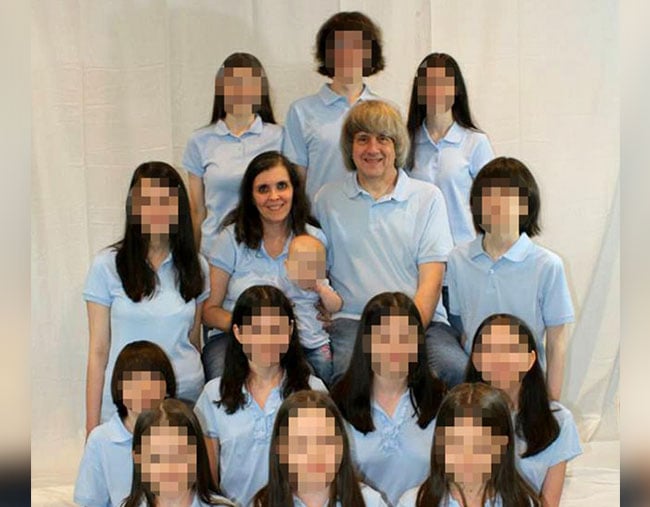Together we sat aghast as we learned 13 siblings had been starved, tortured and held captive by their own parents, David and Louise Turpin.
We remained in awe as more and more of the atrocities these US parents allegedly inflicted on their own children were revealed – from being beaten as punishment and shackled to furniture, to being rationed to one meal a day and prevented from having proper hygiene.
And yet as their parents were arrested on several abuse-related charges last Sunday after a 17-year-old daughter escaped from their California home and raised the alarm, the children’s lives as they knew it came crumbling down.

While there's no doubt this is the best thing that could happen to the for the seven adult and six children and the extreme physical abuse is a thing of the past for them, the trauma will only continue as they adjust to a world they didn't really know existed. A world where it's not normal for parents to beat and restrain their children and one full of authorities and structures that some of the children had never even heard of, let alone interacted with, such as police officers and medicine.

Top Comments
I still do not understand how parents can do this do things, such as this, to their children, and then act as if they have no understanding of how evil it truly is. I hope that these children can find some peace now, and will live happy lives, and will feel the love that they should have received from those called their parents.